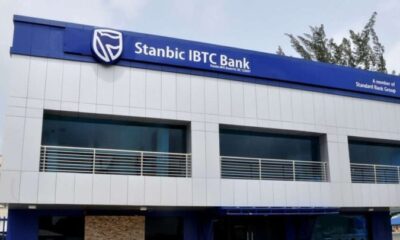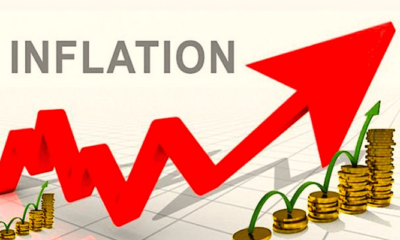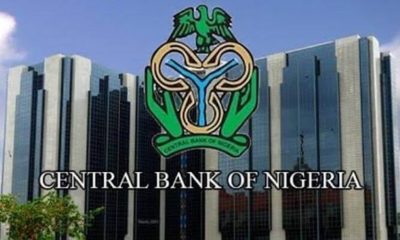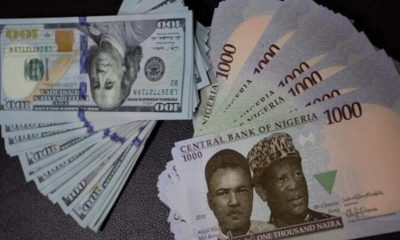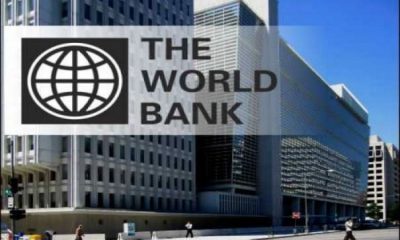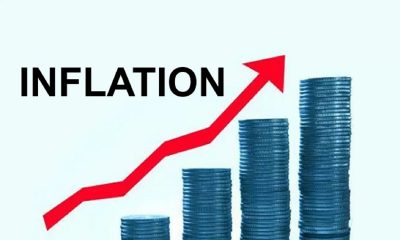NEWS
Inflation hits Nigeria’s business activity hard — Report
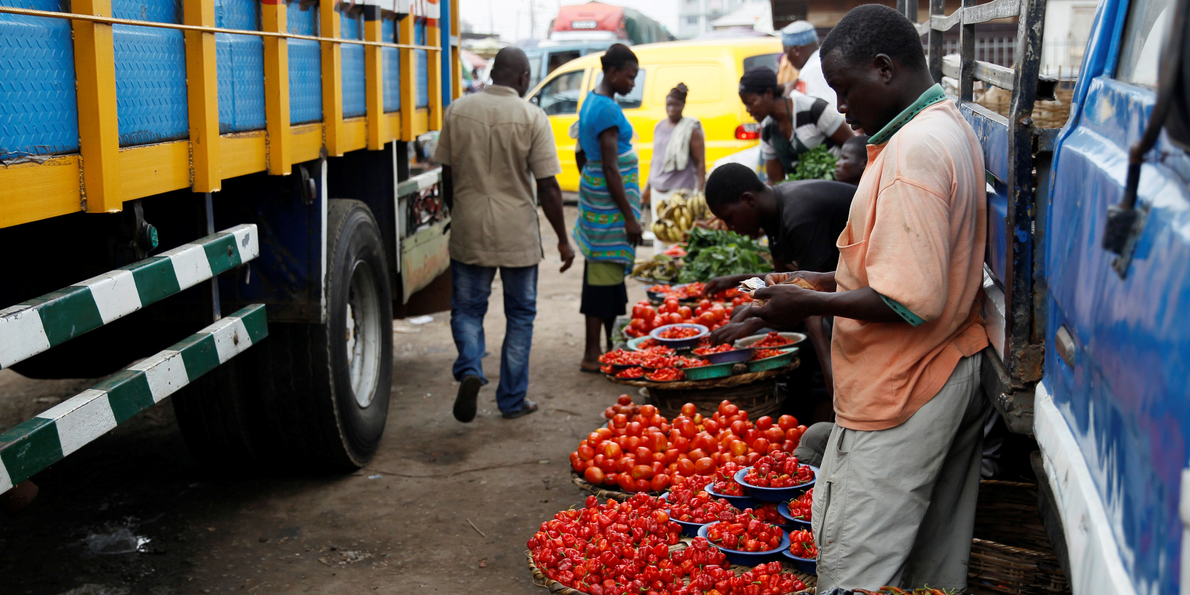
Business activity in Nigeria experienced a significant slowdown in June as the Purchasing Managers’ Index (PMI) dropped to a seven-month low of 50.1.
This decline is attributed to rising inflationary pressures that have led to subdued demand and reduced output and new orders.
According to the latest Stanbic PMI report, the private sector faced stagnation due to a sharp increase in prices, which deterred customers from investing in new projects.
Companies were compelled to raise selling prices to match the accelerating pace of inflation, further impacting demand.
Read Also: Nigerian customs officers assault NNPC staff over PoS charges
The report highlighted that the increase in output prices was driven by a quicker rise in input costs, with purchase price inflation resulting from currency weakness and higher raw material costs, particularly for animal feed.
Additionally, companies increased wages substantially to help workers cope with rising living and transportation costs.
The report stated, “June data signalled a broad stagnation of the Nigerian private sector as subdued demand and intense price pressures led to slowdowns in growth of output and new orders. In turn, employment rose only fractionally. There were signs of inflationary pressures picking up, with purchase prices, staff costs, and selling charges all increasing more quickly than in May.”
The PMI registered only fractionally above the 50.0 no-change mark in June, signalling broadly unchanged business conditions at the end of the second quarter. At 50.1, the index was down from 52.1 in May and the lowest in seven months.
Despite these challenges, the agricultural and manufacturing sectors recorded the quickest pace of increase in business activities, although output growth slowed to its lowest pace in four months.
Business confidence in Nigeria remained near record lows in June, with optimism among firms tied to plans for business expansion, securing new funding, and export efforts.
In May, Nigeria’s inflation rose to 33.95%, and the exchange rate closed June at N1503/$, marking a 40% depreciation in the first half of the year.
The National Bureau of Statistics (NBS) also reported a renewed increase in staple food prices, rising by over 30% month-on-month, further straining business activities.
As businesses grapple with these economic challenges, the outlook for the remainder of the year suggests potential relief with the expected moderation in inflation and the commencement of the primary harvest season in September.

